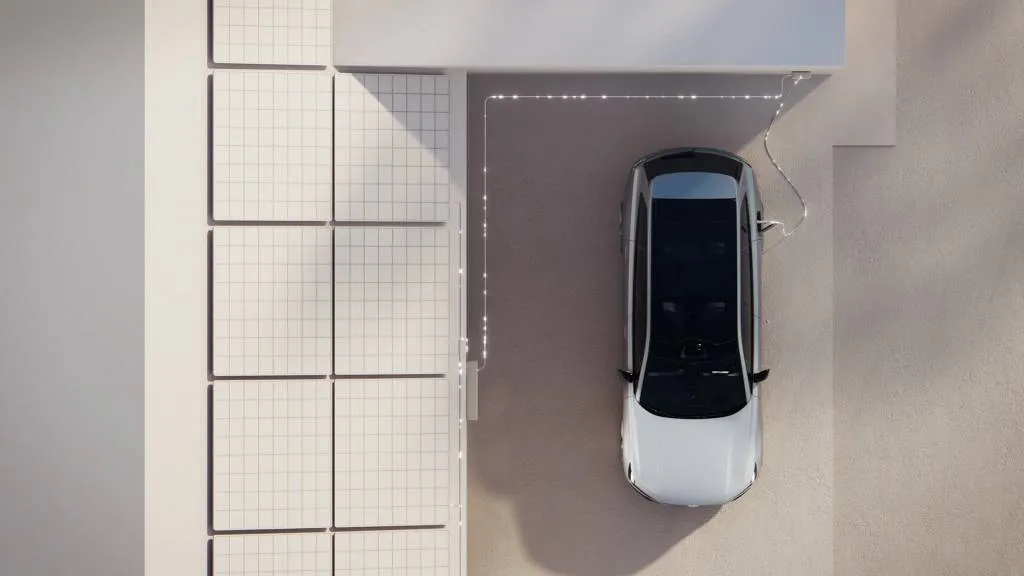Thanks to bidirectional charging, electric vehicles have more to offer than simple transportation. They can also serve as flexible energy storage systems, and automakers are looking at ways to capitalize on this, both for the benefit of their bottom line as well as for vehicle owners' energy bills.
Volvo is the latest major automaker to announce plans to establish an energy business around EVs and their batteries. The automaker on Thursday announced the new business Volvo Cars Energy Solutions, which plans to offer energy storage and charging-related technologies and services.
Mercedes-Benz and Tesla were pioneers in the field with the establishment of their respective Mercedes-Benz Energy and Tesla Energy businesses in 2015, and more recently General Motors has joined the action with its new business GM Energy. Other automakers are likely to follow suit as they roll out more EVs.
One offering that will likely prove popular in the future is using an EV's battery to power the home during peak hours when energy prices are high, and then charge up again during off-peak hours when prices are low (or in some cases using solar power). The battery could also be used to provide power when grid power is down, for example during a storm.

Volvo Cars Energy Solutions
Volvo said the 2024 EX90 electric midsize SUV on sale starting next year will be its first vehicle with all the necessary hardware and (over time) smart software that will tell the plugged-in vehicle the ideal time to send power back to the home—or to the grid in cases where individuals are compensated. Energy firms would also benefit due to reduced required grid investments, according to Volvo.
The software is designed to always ensure there's a minimum state of charge in case the vehicle is needed. That minimum doesn't have to be very high for regions like Europe, where Volvo quoted data that says the average daily drive requires less than 10 kwh of energy and 90% of daily drives requires less than 20 kwh.
Volvo's new energy business will initially operate on a trial basis in Volvo's hometown of Gothenburg, Sweden. The trial will be operated with local energy company Göteborg Energi Nät and real customers. If successful, Volvo plans to expand it to more of Sweden and eventually additional countries.
